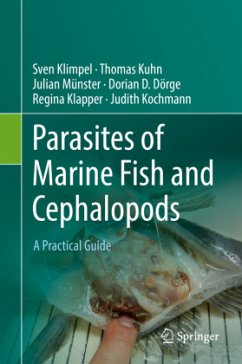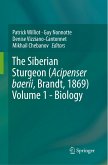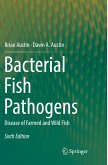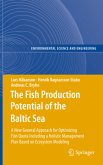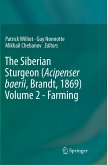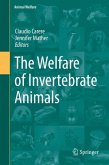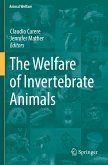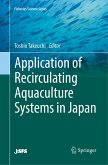This textbook provides a comprehensive, reliable and practical guide to the dissection and parasitological examination of marine fish and cephalopods. The first part provides a general introduction, presenting basic information on: parasitology, ecology of the marine environment, history and methods of fisheries and aquaculture, as well as the ecology of marine fish and cephalopods and the impact of parasites on hosts. In turn, the second part provides general information on the morphology and anatomy of marine fish and cephalopods using the example of abundant morphotypes (including e.g. habitus photos of the body cavity and internal organs). The third part covers the relevant parasitic groups, their ecology (e.g. lifecycles, transmission), related diseases, and detection. The fourth part, a comprehensive methods section, provides essential protocols and applications of common dissection methods (for roundfish, flatfish and cephalopods) and stomach content analyses, as well as parasite preservation, preparation and molecular identification. Basic calculations of the most common infection and ecological parameters are also introduced. The book's fifth and final part provides information on health risks associated with fish and cephalopod consumption, as well as the prevention of human infection through the correct handling and processing of fish samples. The appendix provides e.g. blank sheets for recording fish dissections and parasitological examinations.

